When Woody Guthrie was the Troubadour of Los Angeles
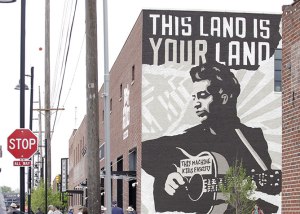
When Woody Guthrie was the Troubadour of Los Angeles
Los Angeles Daily News | Book Review: “Woody Guthrie L.A. 1937 to 1941”
by Larry Wilson
We associate Woody Guthrie, America’s greatest political troubadour and most prolific songwriter, with his Oklahoma and Texas Panhandle Dust Bowl roots, and with his later folkie fame in New York City.
But I had never pegged him to Los Angeles, not until I went to the book-release party for Angel City Press’ “Woody Guthrie L.A. 1937 to 1941” by Darryl Holter and William Deverell, set for publication Jan. 15.
It is such an extraordinary volume — hardbound on fancy paper, wildly illustrated with full-page color political cartoons from Woody’s own notebooks on now-arcane subjects such as the 1938 election of reformist Los Angeles Mayor Fletcher Bowron, filled with reminiscences of the singer’s radio show “Woody and Lefty Lou” on local station KFVD and his trips into ever-hip Topanga Canyon and meetings with Eddie Albert and Burl Ives and Will Geer — that I am only sorry you’ll have to wait for next month to give it late for Christmas.
Readers learn from the book that Woody lived for a time just blocks away on Skid Row, where he sang for tips in coffee houses and bars.
The release party was held over iced punches at the Cana Rum Bar downtown, a somewhat ironic location for schmoozing about the old lefty, housed as it is in the Petroleum Building on Flower Street, built by the oil-rich Doheny family, whose orchid hothouse now serves as a patio with a blazing fireplace. Readers learn from the book that Woody lived for a time just blocks away on Skid Row, where he sang for tips in coffee houses and bars. We also learn that there were many rich ironies in Woody’s life. His family was not originally dirt-poor, but middle-class, his father prospering in Oklahoma real estate before it all went south. Woody’s flirting with Communist Party politics — he never was an actual member, but wrote a column for the CP-backed People’s Daily World in L.A., and was a lifelong fellow traveler — somehow became more understandable on reading that his father was in the KKK and aided in a lynching. Extremes beget extremes, we learn in a hard school.
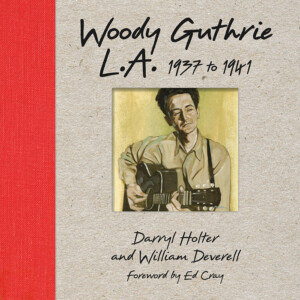
And we learn that, like Bob Dylan and countless troubadours who came after him, Woody cultivated the country-boy persona and built it up during the two years of his radio show here, exaggerating his Okie accent, intentionally mispronouncing words. That doesn’t mean he was a fake — no more than Will Rogers was. It means he knew that to reach an audience he was going to have to be entertaining. And boy howdy he was that.
He wrote songs like the best of the Twitterati might punch out posts today, infinitely timely, funny and to the point. Right after the devastating Jan. 1 flood of 1934, which rolled boulders through not only the homes of Montrose and La Crescenta but the homeless encampments — sound familiar? — along the Los Angeles River, he wrote “Los Angeles New Year’s Flood,” after which the county built the concrete channels in the Arroyo Seco and elsewhere that control the wilder flows today. As more Dust Bowl migrants like himself headed for the Golden State, he wrote “Do Re Mi”: “California is a garden of Eden, a paradise to live in or see; but believe it or not, you won’t find it so hot, if you ain’t got the do re mi.”
Co-author and -editor Darryl Holter, it turns out, is not only a history professor whose family business owns the Petroleum Building and father of the great young singer-songwriter Julia Holter — he is a troubadour himself, and pulled out his guitar to stand before the fire and sing us several Woody songs, including about the wild Los Angeles River. And we all sang along to, of course, “This Land is Your Land,” one of the real national anthems of our country: “From California to the New York island, from the redwood forest to the Gulf Stream waters, this land was made for you and me.”
Woody Guthrie L.A.: 1937 to 1941
Darryl Holter and William Deverell
$40.00 / 50+ vintage photos
208 pages / hardcover / 9″x9″
Follow Darryl Holter Music
Recent Posts
Darryl Holter
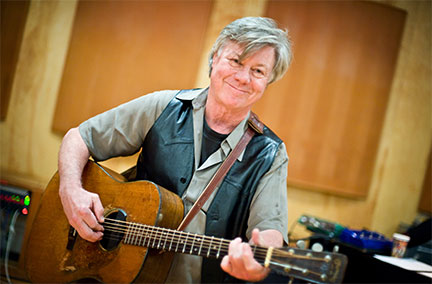
Darryl Holter grew up playing the guitar and singing country and rock and roll songs in Minneapolis, Minnesota. His current brand of Americana music draws from country, blues and folk traditions and often tells stories about people, places and events.
Besides his music, Holter has worked as an academic, a labor leader, an urban revitalization planner, and an entrepreneur. Darryl Holter is also a historian who has written on Woody Guthrie and a contributor to the Los Angeles Review of Books.

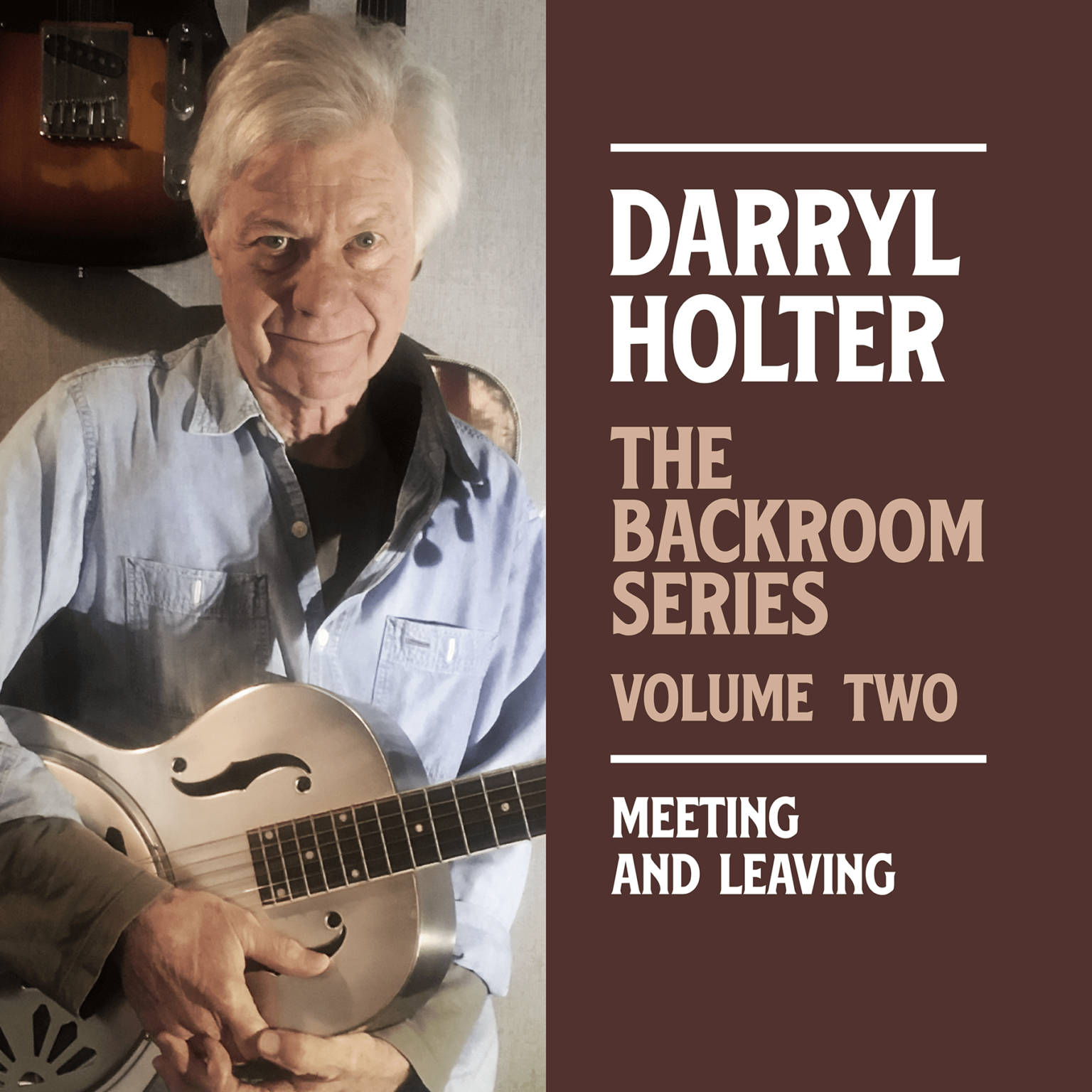
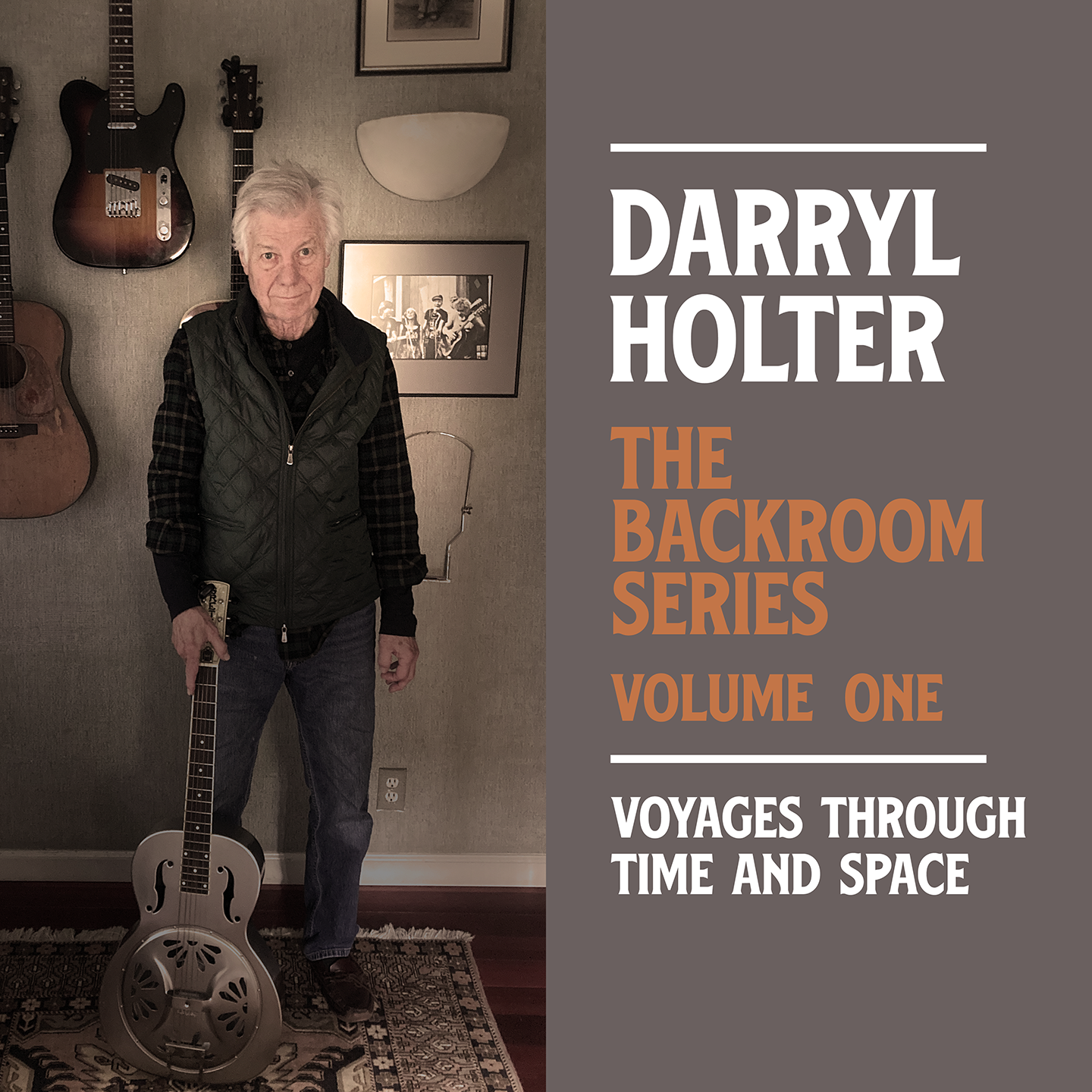
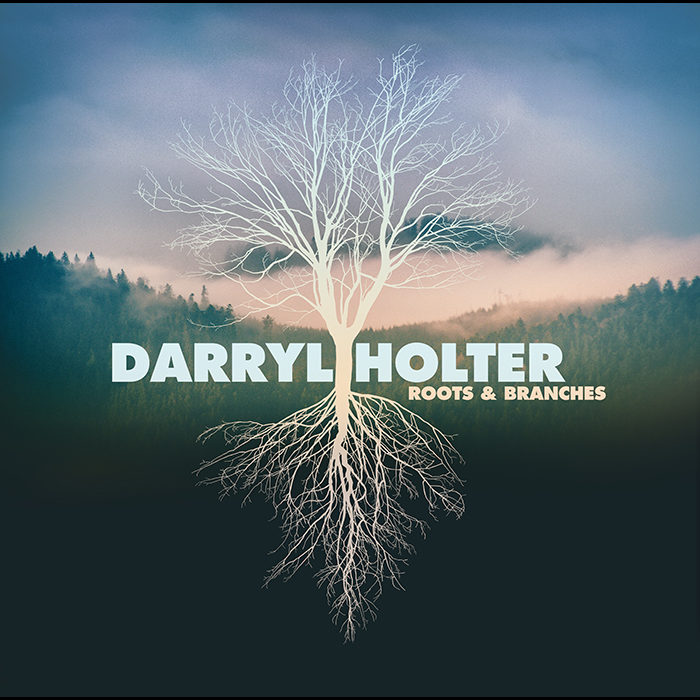
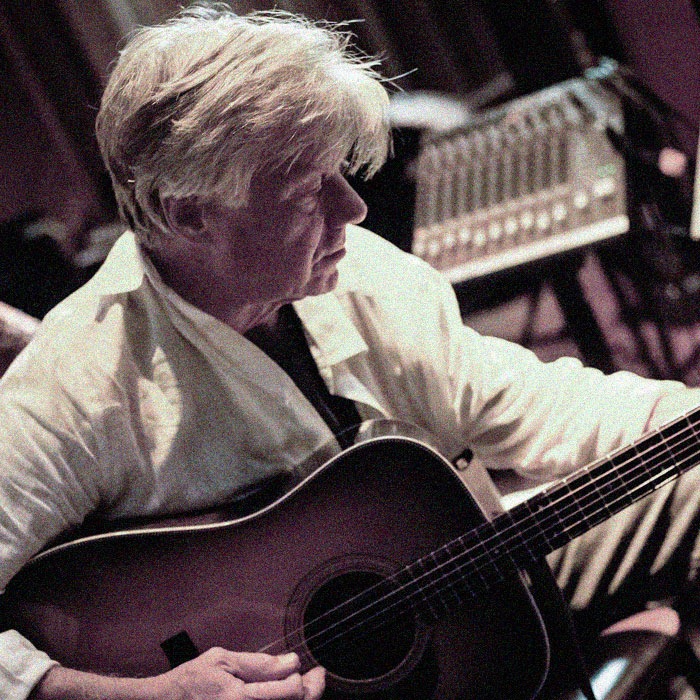
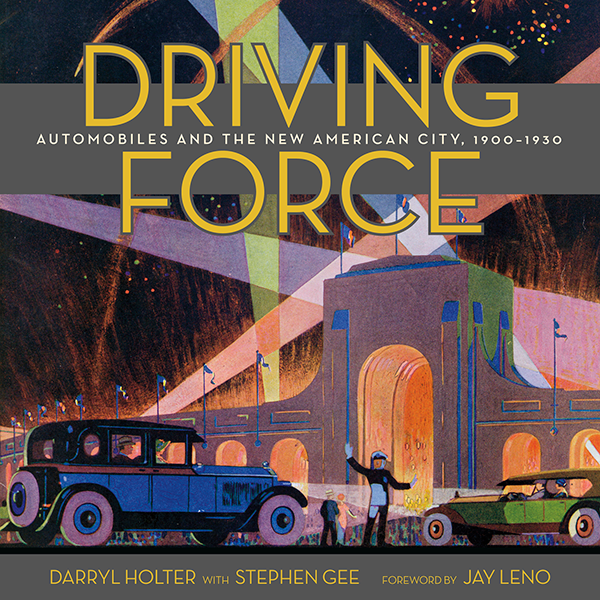
 Darryl Holter grew up playing the guitar and singing country and rock and roll songs in Minneapolis, Minnesota. His current brand of Americana music draws from country, blues and folk traditions and often tells stories about people, places and events.
Darryl Holter grew up playing the guitar and singing country and rock and roll songs in Minneapolis, Minnesota. His current brand of Americana music draws from country, blues and folk traditions and often tells stories about people, places and events.